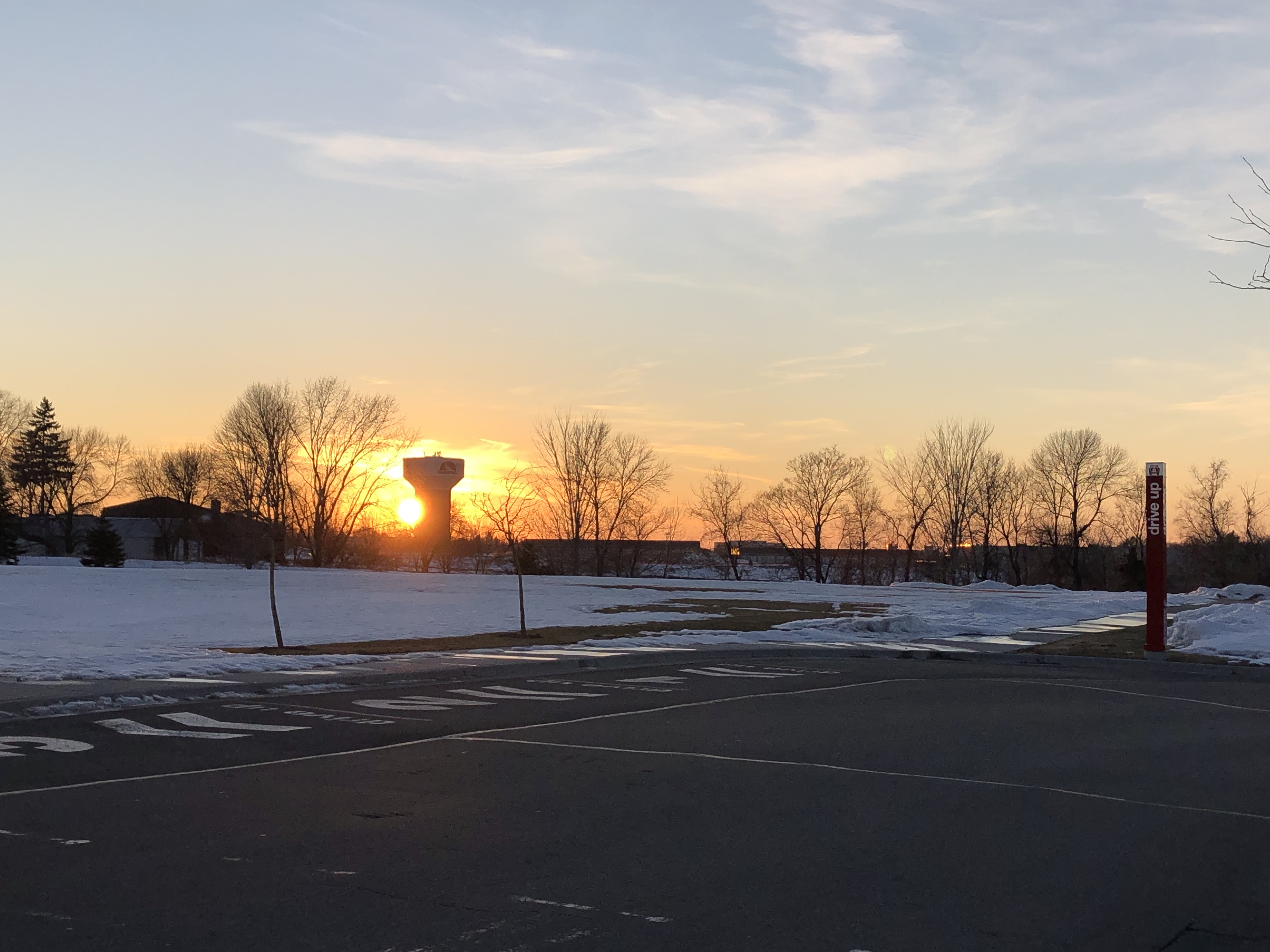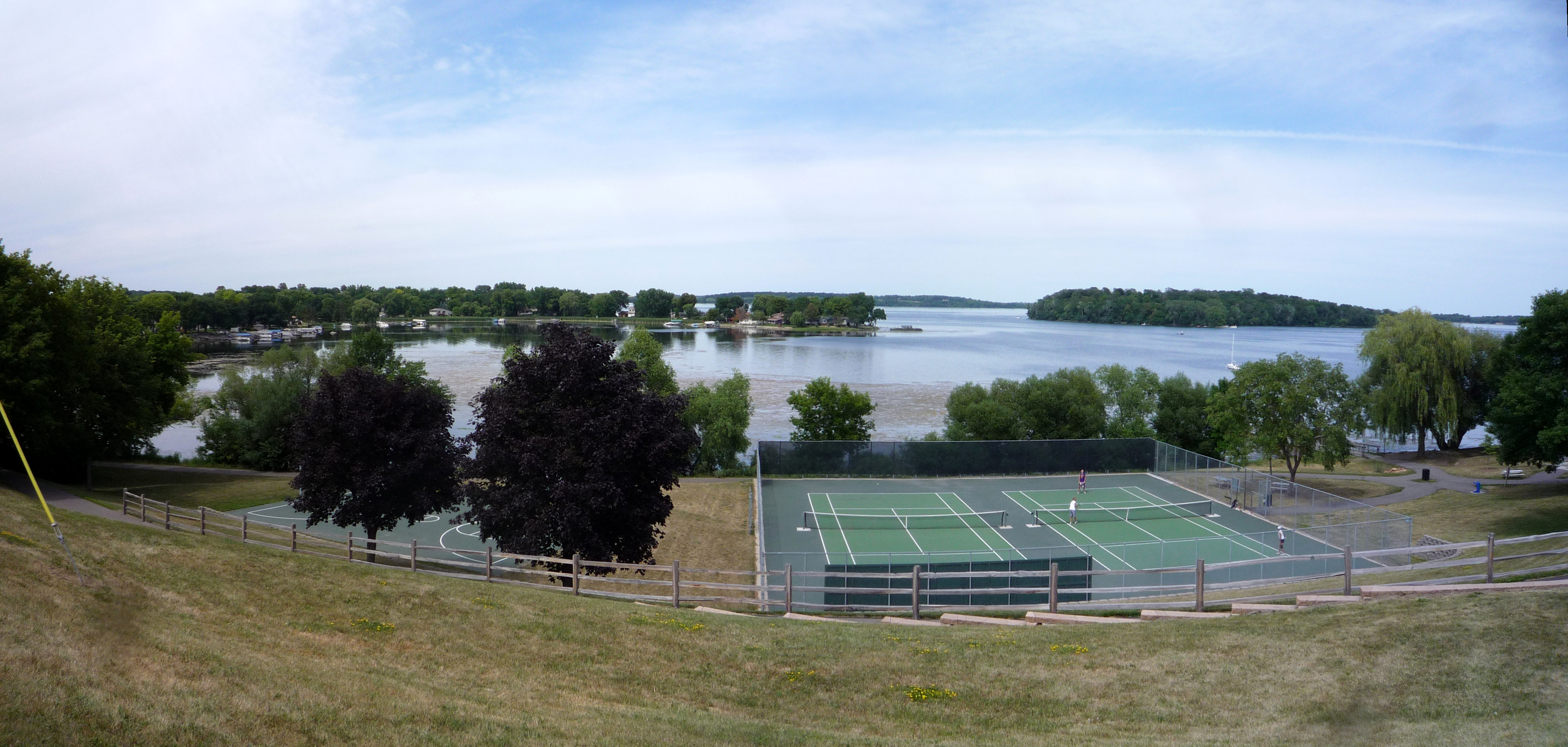|
Henry Wagener
Henry Wagener (September 4, 1891 – December 5, 1979) was an American businessman, farmer, and politician. Henry Wagener was born on a farm in Waconia, Carver County, Minnesota. He lived in Waconia with his wife and family and was a farmer and farm machinery dealer. Wagener was also a well driller. He served in the Minnesota Senate from 1943 to 1954 and was a member of the Conservative Caucus. Wagener died in Carver County. References 1891 births 1979 deaths People from Waconia, Minnesota Businesspeople from Minnesota Farmers from Minnesota Minnesota state senators {{Minnesota-politician-stub ... [...More Info...] [...Related Items...] OR: [Wikipedia] [Google] [Baidu] |
Waconia, Minnesota
Waconia ( ) is a city in Carver County, Minnesota, United States. Waconia attracts visitors to nearby Lake Waconia, a lake locally renowned for its fishing and recreation opportunities. The city's population was 13,033 at the 2020 census. Geography According to the United States Census Bureau, the city has a total area of , of which is land and is water. Minnesota State Highways 5 and 284; and Carver County Highway 10 are the main routes in Waconia. Demographics 2000 census As of the census of 2000, there were 6,814 people, 2,568 households, and 1,848 families living in the city. The population density was . There were 2,646 housing units at an average density of . The racial makeup of the city was 97.06% White, 0.34% African American, 0.12% Native American, 0.65% Asian, 0.01% Pacific Islander, 1.00% from other races, and 0.82% from two or more races. Hispanic or Latino of any race were 1.28% of the population. There were 2,568 households, out of which 40.7% had ... [...More Info...] [...Related Items...] OR: [Wikipedia] [Google] [Baidu] |
Carver County, Minnesota
Carver County is a county in the U.S. state of Minnesota. The county is mostly farmland and wilderness with many unincorporated townships. As of the 2020 census, the population was 106,922. Its county seat is Chaska. Carver County is named for explorer Jonathan Carver, who in 1766–67, traveled from Boston to the Minnesota River and wintered among the Sioux near the site of New Ulm. Carver County is part of the Minneapolis-St. Paul- Bloomington, MN- WI Metropolitan Statistical Area. Statistics In 2017, Carver County was ranked by the Robert Wood Johnson Foundation as the healthiest county in the State of Minnesota for the fifth year in a row. The foundation explained health outcomes represent “how healthy counties are within the state,” whereas health factors represent “an estimate of the future health of counties as compared with other counties within a state,” based on health behaviors, clinical care, and other environmental factors. Carver County continued to rank ... [...More Info...] [...Related Items...] OR: [Wikipedia] [Google] [Baidu] |
Minnesota Senate
The Minnesota Senate is the upper house of the Legislature of the U.S. state of Minnesota. At 67 members, half as many as the Minnesota House of Representatives, it is the largest upper house of any U.S. state legislature. Floor sessions are held in the west wing of the State Capitol in Saint Paul. Committee hearings, as well as offices for senators and staff, are located north of the State Capitol in the Minnesota Senate Building. Each member of the Minnesota Senate represents approximately 80,000 constituents. History The Minnesota Senate held its first regular session on December 2, 1857. Powers In addition to its legislative powers, certain appointments by the governor are subject to the Senate's advice and consent. As state law provides for hundreds of executive appointments, the vast majority of appointees serve without being confirmed by the Senate; only in rare instances are appointees are rejected by the body. The Senate has rejected only nine executive appointments si ... [...More Info...] [...Related Items...] OR: [Wikipedia] [Google] [Baidu] |
1891 Births
Events January–March * January 1 ** Paying of old age pensions begins in Germany. ** A strike of 500 Hungarian steel workers occurs; 3,000 men are out of work as a consequence. **Germany takes formal possession of its new African territories. * January 2 – A. L. Drummond of New York is appointed Chief of the Treasury Secret Service. * January 4 – The Earl of Zetland issues a declaration regarding the famine in the western counties of Ireland. * January 5 **The Australian shearers' strike, that leads indirectly to the foundation of the Australian Labor Party, begins. **A fight between the United States and Indians breaks out near Pine Ridge agency. ** Henry B. Brown, of Michigan, is sworn in as an Associate Justice of the Supreme Court. **A fight between railway strikers and police breaks out at Motherwell, Scotland. * January 6 – Encounters continue, between strikers and the authorities at Glasgow. * January 7 ** General Miles' force ... [...More Info...] [...Related Items...] OR: [Wikipedia] [Google] [Baidu] |
1979 Deaths
Events January * January 1 ** United Nations Secretary-General Kurt Waldheim heralds the start of the ''International Year of the Child''. Many musicians donate to the ''Music for UNICEF Concert'' fund, among them ABBA, who write the song ''Chiquitita'' to commemorate the event. ** The United States and the People's Republic of China establish full Sino-American relations, diplomatic relations. ** Following a deal agreed during 1978, France, French carmaker Peugeot completes a takeover of American manufacturer Chrysler's Chrysler Europe, European operations, which are based in United Kingdom, Britain's former Rootes Group factories, as well as the former Simca factories in France. * January 7 – Cambodian–Vietnamese War: The People's Army of Vietnam and Vietnamese-backed Kampuchean United Front for National Salvation, Cambodian insurgents announce the fall of Phnom Penh, Cambodia, and the collapse of the Pol Pot regime. Pol Pot and the Khmer Rouge retreat west to an area ... [...More Info...] [...Related Items...] OR: [Wikipedia] [Google] [Baidu] |
People From Waconia, Minnesota
A person ( : people) is a being that has certain capacities or attributes such as reason, morality, consciousness or self-consciousness, and being a part of a culturally established form of social relations such as kinship, ownership of property, or legal responsibility. The defining features of personhood and, consequently, what makes a person count as a person, differ widely among cultures and contexts. In addition to the question of personhood, of what makes a being count as a person to begin with, there are further questions about personal identity and self: both about what makes any particular person that particular person instead of another, and about what makes a person at one time the same person as they were or will be at another time despite any intervening changes. The plural form "people" is often used to refer to an entire nation or ethnic group (as in "a people"), and this was the original meaning of the word; it subsequently acquired its use as a plural form of ... [...More Info...] [...Related Items...] OR: [Wikipedia] [Google] [Baidu] |
Businesspeople From Minnesota
A businessperson, businessman, or businesswoman is an individual who has founded, owns, or holds shares in (including as an angel investor) a private-sector company. A businessperson undertakes activities (commercial or industrial) for the purpose of generating cash flow, sales, and revenue by using a combination of human, financial, intellectual, and physical capital with a view to fueling economic development and growth. History Prehistoric period: Traders Since a "businessman" can mean anyone in industry or commerce, businesspeople have existed as long as industry and commerce have existed. "Commerce" can simply mean "trade", and trade has existed through all of recorded history. The first businesspeople in human history were traders or merchants. Medieval period: Rise of the merchant class Merchants emerged as a "class" in medieval Italy (compare, for example, the Vaishya, the traditional merchant caste in Indian society). Between 1300 and 1500, modern accounti ... [...More Info...] [...Related Items...] OR: [Wikipedia] [Google] [Baidu] |
Farmers From Minnesota
A farmer is a person engaged in agriculture, raising living organisms for food or raw materials. The term usually applies to people who do some combination of raising field crops, orchards, vineyards, poultry, or other livestock. A farmer might own the farm land or might work as a laborer on land owned by others. In most developed economies, a "farmer" is usually a farm owner ( landowner), while employees of the farm are known as ''farm workers'' (or farmhands). However, in other older definitions a farmer was a person who promotes or improves the growth of plants, land or crops or raises animals (as livestock or fish) by labor and attention. Over half a billion farmers are smallholders, most of whom are in developing countries, and who economically support almost two billion people. Globally, women constitute more than 40% of agricultural employees. History Farming dates back as far as the Neolithic, being one of the defining characteristics of that era. By the Bronze Age, ... [...More Info...] [...Related Items...] OR: [Wikipedia] [Google] [Baidu] |




_(cropped_v2).jpg)
_1938.jpg)
